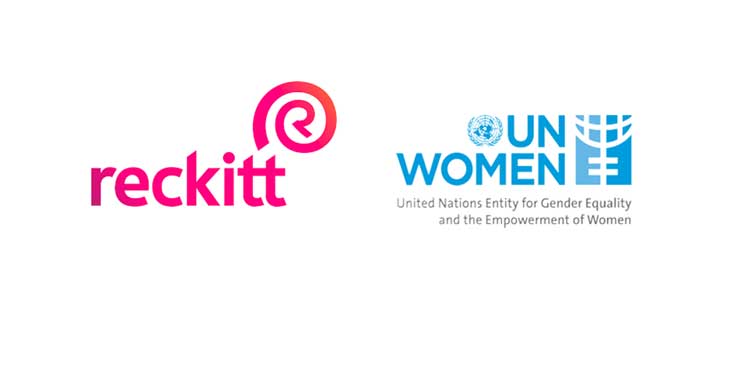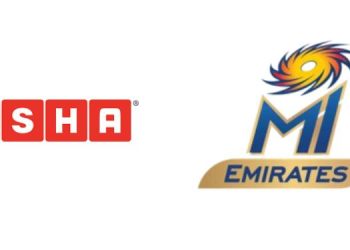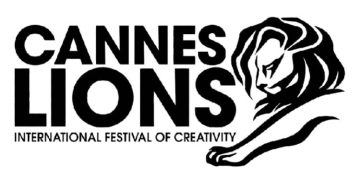New Delhi: UN Women and Reckitt have come together to create economic opportunities for women in the health, hygiene and sanitation sectors with a commitment to promote gender equality, diversity and inclusion as well as the incorporation of the highest standards of governance. A Memorandum of Understanding was signed by Susan Ferguson, Country Representative, UN Women India and Gaurav Jain, Senior Vice President, South Asia, Reckitt.
With this partnership, Reckitt, a leading global consumer health and hygiene company working to reach half the world with products that contribute to a cleaner, healthier world, will engage with 2 billion people through its programmes, partnerships and campaigns. Each brand is driven by this purpose and is responsible for improving lives through education and providing access to the highest-quality health, hygiene and sanitation.
“Women are the real catalysts of change. We must act as an enabler and catalyst to mentor them and create a more balanced environment,” said Gaurav Jain, Senior Vice President, South Asia at Reckitt during the signing event. “We at Reckitt are happy to further strengthen our efforts in this direction with UN Women on this one-of-a-kind partnership to support women in our society to become resilient. This partnership aims to equip women with life skills like decision-making, and entrepreneurial opportunities in the health, hygiene and sanitation sectors. Together, with UN women, we share the common goal of addressing the educational imbalance, gender inequality, and hygiene for all,” he added.
“UN Women and Reckitt are committed to improving women’s access to better health and hygiene and decent jobs for women, which is an urgent need in India,” said Susan Ferguson, UN Women Representative in India. “Women and girls have been badly affected by Covid-19, so helping the most marginalized find decent jobs in sanitation and hygiene services is an important step towards improving women’s lives.”
Reckitt has introduced several initiatives in marginalized districts of India that the government has categorized as “aspirational” and deserving of particular support. The initiatives cover areas of hygiene, health and sanitation for women including its support for the Harpic World Toilet College, Dettol Hygiene Impact Bonds as well Dettol Banega Swasth India (India for Health) initiative and Harpic Mission Paani.
UN Women, including under its EU-funded WeEmpower Asia Programme, has increased access to financing and markets for more than 2,000 women entrepreneurs in micro, small and medium enterprises. By providing training and mentoring through its programmes, UN Women improves their business skills and uptake of sustainable technology solutions in some of the poorest districts in the country.
UN Women and Reckitt India are co-creating an impacted programme targeting communities where women and girls in India have been severely impacted by poverty and discrimination, exacerbated by the Covid-19 pandemic. Through Reckitt’s Dettol Banega Swasth India and Harpic Mission Paani, the programme will focus on creating employment and entrepreneurial opportunities for women in the health, hygiene and sanitation sectors.

















